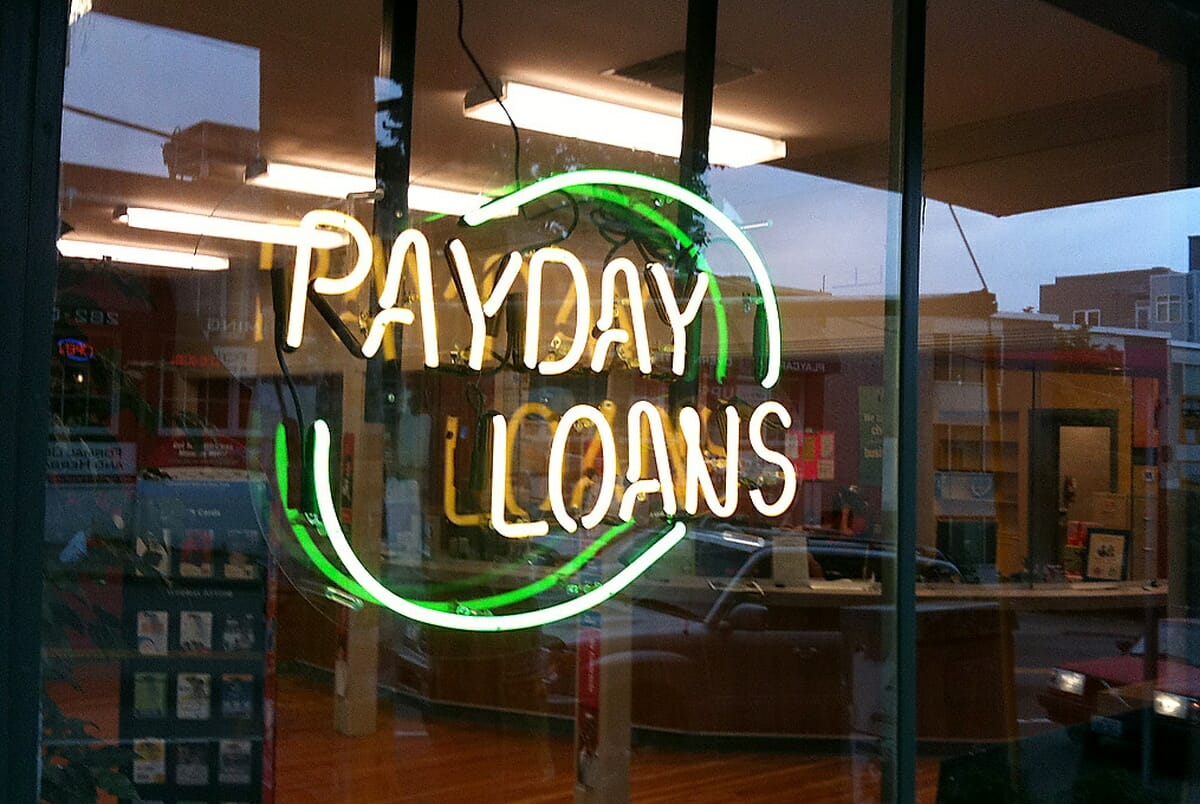For the past eight years Paul Horan worked as a shoe salesman for a high-end Cleveland retailer. Paul made decent pay selling shoes; even if his work was commission-only, he made an honest living.
As one might imagine in 2020, COVID-19 destroyed much of what used to be. Despite their best efforts to figure out a way to continue, the department store was forced to shut down. On March 16, Paul filed for unemployment.
Aside from the very real financial health concerns at the forefront of his mind, Paul also has a physical health issue that makes him disproportionately susceptible to the virus. Therefore, even if the department store were to have stayed open, the risk would have simply been too great. He was worried what would happen if COVID-19 continued following the projected month-long shutdown, as he would lose his health insurance coverage at the end of May. It was now late June.
How Can Paul Ensure His Financial Health?
Paul is one of 14.7 percent of the U.S. population who have been laid off or furloughed due to the effects of the COVID-19 pandemic, and people are desperate for solutions. Unfortunately, there are those who appear on the surface to be the beacons of hope to the financially struggling, and they take advantage of that situation.

Photo: Unsplash
Do you know how many of your members are using predatory payday lenders rather than walking through the doors of their local credit union? Depending on the state in which you reside, that number may be higher than you expect. They might not be aware of the small-dollar loan opportunities credit unions can offer. Between skyrocketing health care costs, no financial safety net, and now unemployment, 2020 has become the perfect storm for those who cannot afford what has come to pass.
“IIt’s normal to get caught in a payday loan because that’s the only way the business model works,” says Pew Charitable Trust‘s Nick Bourke. “A lender isn’t profitable until the customer has renewed or re-borrowed the loan somewhere between four and eight times.”
How Do Predatory Lenders Benefit From Destroying Your Financial Health?
It’s completely understandable why so many individuals desperate for cash fall into the dreaded debt trap these predatory lenders have purposefully set up. These lenders make 75 percent of their money from borrowers stuck in more than 10 debt rollovers in a year. It doesn’t take an economist to understand why payday loans are often associated with bank penalty fees, bankruptcies, bill delinquency, and closed bank accounts.
And many states are in on the game. While California passed a bill that limits annual percentage rates (APRs) to 36 percent, the national average is still close to 400. The list of states with the highest APR rates in the nation include:
- Texas, 662 percent
- Nevada, 652 percent
- Idaho, 652 percent
- Virginia, 601 percent
So, it’s not a surprise when the five federal agencies, The Federal Reserve Board (FRB), the Federal Deposit Insurance Corporation (FDIC), the Office of the Comptroller of the Currency (OCC), the National Credit Union Association (NCUA), and the Consumer Financial Protection Bureau (CFPB) came together to issue a joint statement encouraging the nation’s various financial institutions to offer responsible small-dollar loans and financial hope to customers, members, and small businesses.
For borrowers, the statement continued, that are currently in unexpected circumstances and unable to repay a loan as structured, financial institutions are further encouraged to consider working out finance strategies calculated to help the borrower repay the principal of the loan while limiting the need to re-borrow.
This year is the perfect time to make your members aware once again of their local credit union’s capacity for providing small dollar loans. Please reach out to QCash Financial and allow us to assess your member base and analyze those who may be succumbing to the lure of predatory payday lenders.






